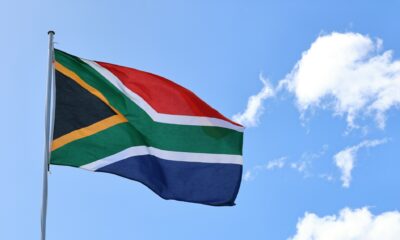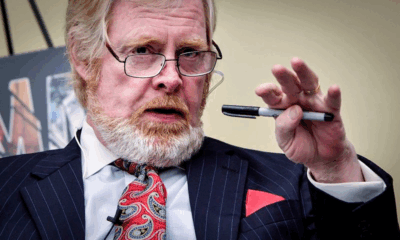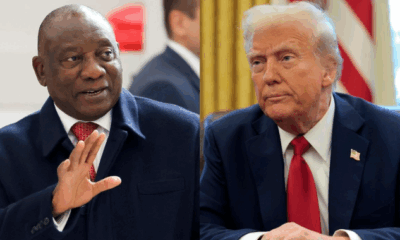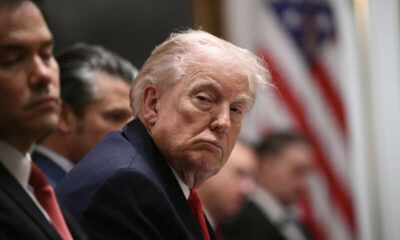News
Why Today’s G20 Presidency Handover Will Be One of the Quietest in History
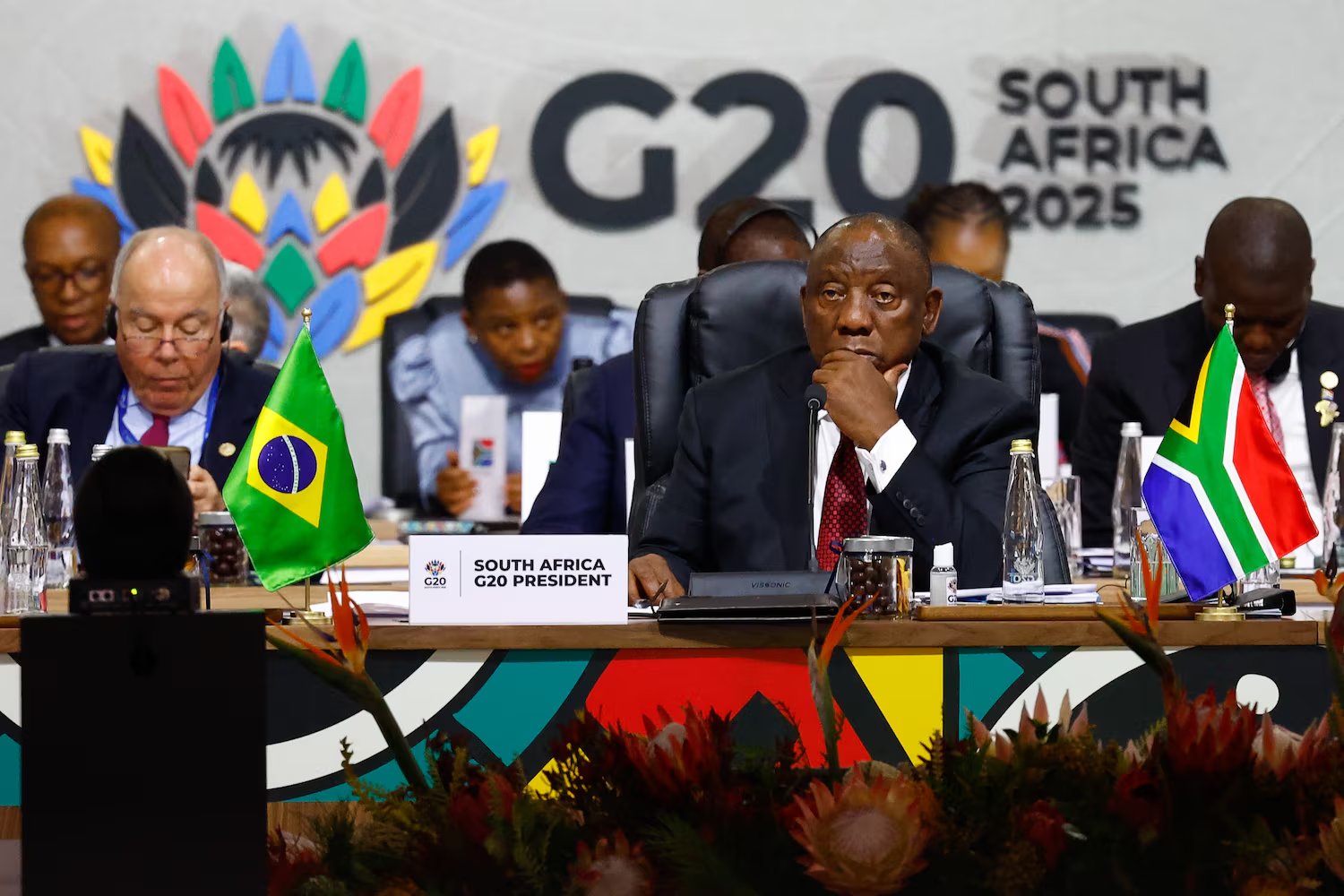
Why Today’s G20 Presidency Handover Will Be One of the Quietest in History
Inside the diplomatic wrangling that turned a global moment into a closed-door handover
South Africa is expected to pass the G20 presidency baton to the United States today
but if you’re waiting for cameras, crowds, and the ceremonial “gavel moment” that usually marks the transition, you’ll be waiting a long time.
This year’s handover will be so subdued it might as well happen behind a curtain.
According to Zane Dangor, South Africa’s G20 Sherpa and Director-General of the Department of International Relations and Cooperation (Dirco), both Pretoria and Washington agreed that the moment should be low-profile, almost private.
“The agreement is that we should do it low-key… the US also doesn’t want a very big handover event,” Dangor told Newzroom Afrika.
Instead of an in-person exchange between heads of state, the gavel will be passed between a senior Dirco official and the US chargé d’affaires, the embassy’s acting headlikely sometime today.
How We Got Here: A Week of Quiet but Real Diplomatic Tension
Behind this modest handover lies a far more dramatic build-up.
Over the weekend, headlines were buzzing with talk of protocol spats between South Africa and the United States.
At the heart of it?
Who exactly Washington planned to send to receive the G20 presidency gavel.
Traditionally, the presidency is handed over at the Leaders’ Summit, from one head of state to another. If the president cannot attend, a minister or president-appointed envoy steps in. What South Africa could not accept was an attempt to have the US chargé d’affairesa junior diplomattake the gavel from President Cyril Ramaphosa.
International Relations Minister Ronald Lamola put it bluntly:
the US could send anyone, as long as that “anyone” was senior enough to represent the White House.
“We did not deny anyone access… The right level is the head of state, a special envoy appointed by the president, or a minister,” Lamola said.
Why the Chargé d’Affaires Became the Flashpoint
For readers who don’t swim in diplomatic terminology, a chargé d’affaires is basically the person who runs the embassy when a country hasn’t yet appointed an ambassador. They are temporary, lower-ranked, and do not present credentials to the president of the host nation.
In South African diplomatic culture, having such an official receive a symbol as important as the G20 gavel would be like handing your house keys to the neighbour’s cousin because the neighbour wasn’t home.
No insult intendedjust a mismatch in protocol.
Ramaphosa’s spokesperson Vincent Magwenya confirmed that the US representation plan simply “did not meet protocol standards,” leading Washington to pull out of the summit entirely.
A Handshake Behind Closed Doors
With no US senior envoy attending the Johannesburg Leaders’ Summit, an alternative plan had to be drafted.
Dirco offered a compromise:
hand over the G20 presidency away from the main stage, at the department’s offices or any other suitable location in South Africa.
That’s where today’s event fits insimple, quiet, and stripped of the symbolism usually attached to such a global leadership moment.
Local and Public Reaction: “So… we’re doing this in the corridor?”
South Africans, always quick with humour, didn’t miss a beat on social media:
-
“Imagine getting the G20 gavel in a boardroom with a broken projector,” one user joked.
-
“Only in SA do we go from global summit to minimalism chic,” another laughed.
-
Some interpreted the US no-show as diplomatic shade; others saw it as Washington’s attempt to scale down theatre in favour of practicality.
But many also pointed out that South Africa has been insistent about global governance normsand that enforcing protocol is a form of asserting its growing diplomatic confidence.
A Wider Context: Why This Moment Matters
The G20 presidency is not symbolic fluffit shapes global economic conversations for a full year.
South Africa used its term to push:
-
Multilateral reform
-
Global South interests
-
Energy justice
-
Debt restructuring discussions
-
African industrialisation
Today’s understated handover doesn’t erase that legacy.
If anything, it highlights the delicate dance of diplomatic respect, hierarchy, and symbolism that still matters deeply even in an age where international exchanges sometimes feel more digital than ceremonial.
The gavel will change hands today, quietly and without fanfare.
But behind the modest setting lies a week of protocol debates, cultural diplomacy, and a subtle reminder that even powerful nations must respect the rules of global engagement.
Sometimes, a quiet moment says more than the loudest ceremony.
{Source: IOL}
Follow Joburg ETC on Facebook, Twitter , TikTok and Instagram
For more News in Johannesburg, visit joburgetc.com

